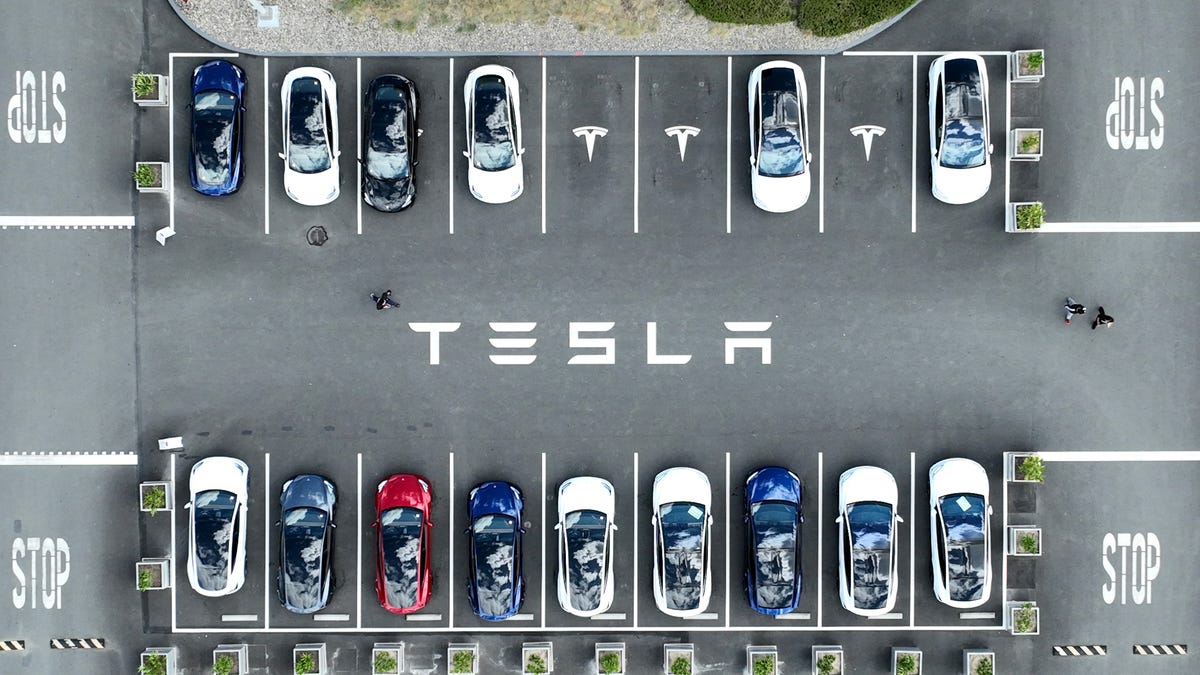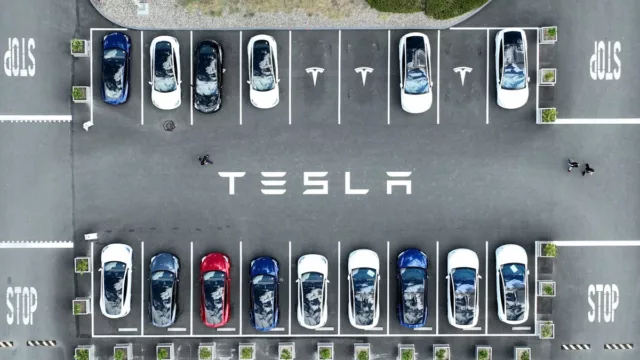
A version of this article originally appeared in Quartz’s members-only Weekend Brief newsletter. Quartz members get access to exclusive newsletters and more. Sign up here.
As Tesla CEO Elon Musk announced plans last week to scale back his government work, the relief among investors was palpable. Tesla’s stock jumped despite weak revenue and declining deliveries. But this momentary reprieve masks a deeper existential threat facing Tesla and other American automakers: China’s BYD is coming for their lunch — and showing few signs of slowing down.
While American automakers struggle, BYD is aggressively expanding beyond China with superior technology and impressive sales growth. The Chinese automaker has developed a breakthrough “Super e-Platform” that enables adding 250 miles of range in just five minutes of charging, roughly four times faster than Tesla’s capabilities.
While the sales aren’t quite four times higher, BYD’s growth rate far outpaces Tesla’s. It sold more than 400,000 electric cars, keeping it ahead of Tesla as the world’s top EV brand. The company’s latest financial results are striking: First-quarter revenue jumped 36.35% year-over-year to $23.5 billion, while net profit doubled, increasing by 100.38% to $1.26 billion.
Going in for the kill, BYD’s premium Denza line unveiled the Z, a flashy new luxury sports car, at Auto Shanghai just one day after Tesla’s disappointing earnings report revealed a 20% drop in automotive revenue. “BYD only knows how to play offense. Their consistent and frequent vehicle and feature launches keep their competitors on their heels,” Tu Le, founder of consultancy firm Sino Auto Insights, told CNN.
Tesla’s troubles extend far beyond just competitive pressure. Musk’s political activities as head of the Department of Government Efficiency (DOGE) have triggered protests and vandalism at Tesla dealerships worldwide. Since Trump’s inauguration, more than a dozen violent or destructive acts have targeted Tesla facilities. In one particularly devastating incident, 17 cars were destroyed in an overnight fire at a Rome dealership
Meanwhile, Tesla faces supply chain disruptions from escalating U.S.-China trade tensions. China’s recent export restrictions on rare earth elements — critical components for Tesla humanoid robots, which are supposed to be critical to the future of Tesla manufacturing — have forced Musk to negotiate directly with Chinese officials. “Hopefully we’ll get a license to use the rare earth magnets,” Musk told investors Tuesday.
The situation is further complicated by President Donald Trump’s policy reversals. His administration has already dismantled key elements of former President Joe Biden’s EV agenda, including the target for 50% of new vehicles sold in the U.S. to be electric by 2035. The EPA and NHTSA emissions standards that incentivized automakers to increase their electric offerings are being reevaluated, and Trump is expected to seek repeal of EV tax credits that helped spur consumer interest.
American automakers are reeling from the effects of the trade war. Ford, which holds 7.5% of the U.S. EV market, announced earlier this month that it has halted shipments of its SUVs, pickup trucks, and sports cars to China in response to retaliatory tariffs that have reached as high as 150%. The company has paused exports of F-150 Raptors, Mustangs, and Michigan-built Bronco SUVs to China, and according to an internal memo obtained by Reuters, Ford expects to raise prices on its new vehicles if the tariffs continue.
For Tesla and other American manufacturers, the path forward is treacherous. Tesla hopes that robotaxis — scheduled for pilot launch in Austin by June — will be its salvation. Musk promised investors “millions of Teslas operating autonomously” by the second half of 2026. We are in year 12 of Musk promising self-driving technology, however, and no breakthrough with this tech makes 2026 any more likely than the past dozen years.
While Musk divides his attention between Tesla, DOGE, and his other ventures, BYD has set an ambitious target to double its overseas sales to more than 800,000 cars in 2025. With this aggressive global push and technological edge, BYD’s message to American automakers is clear: adapt or become irrelevant in the electric future they once pioneered.









